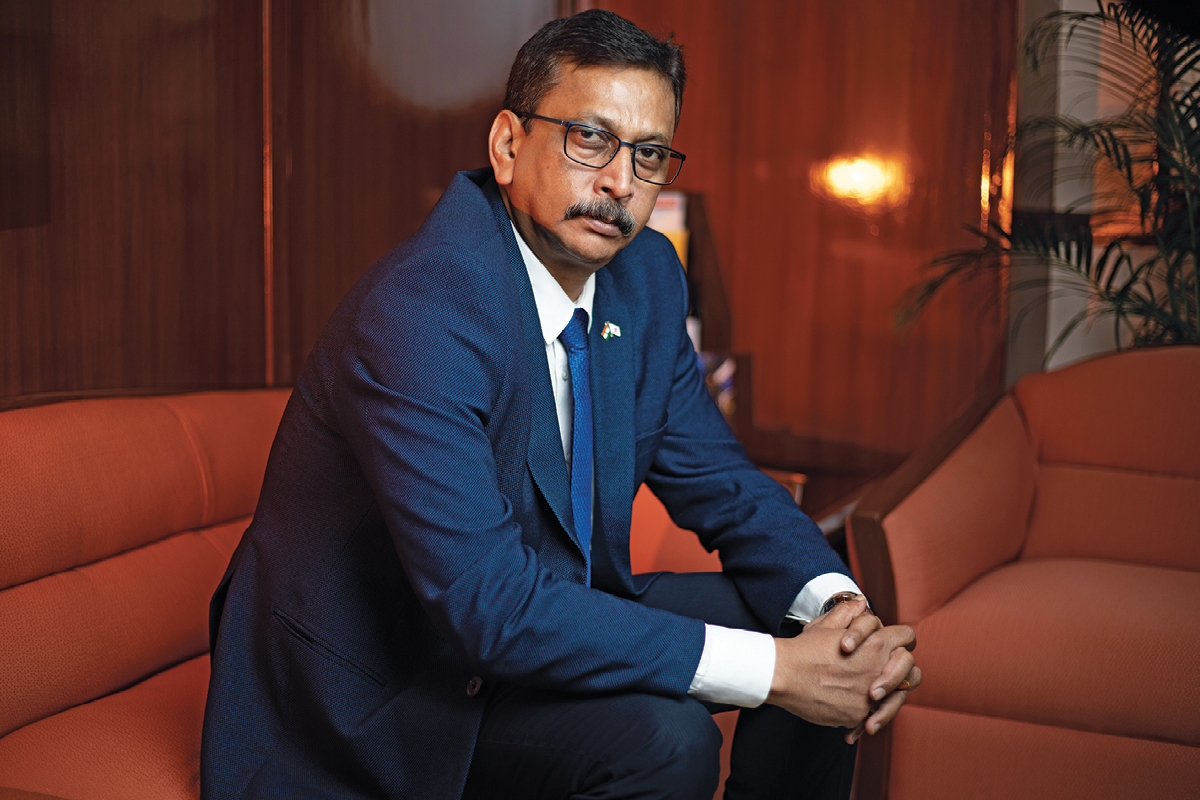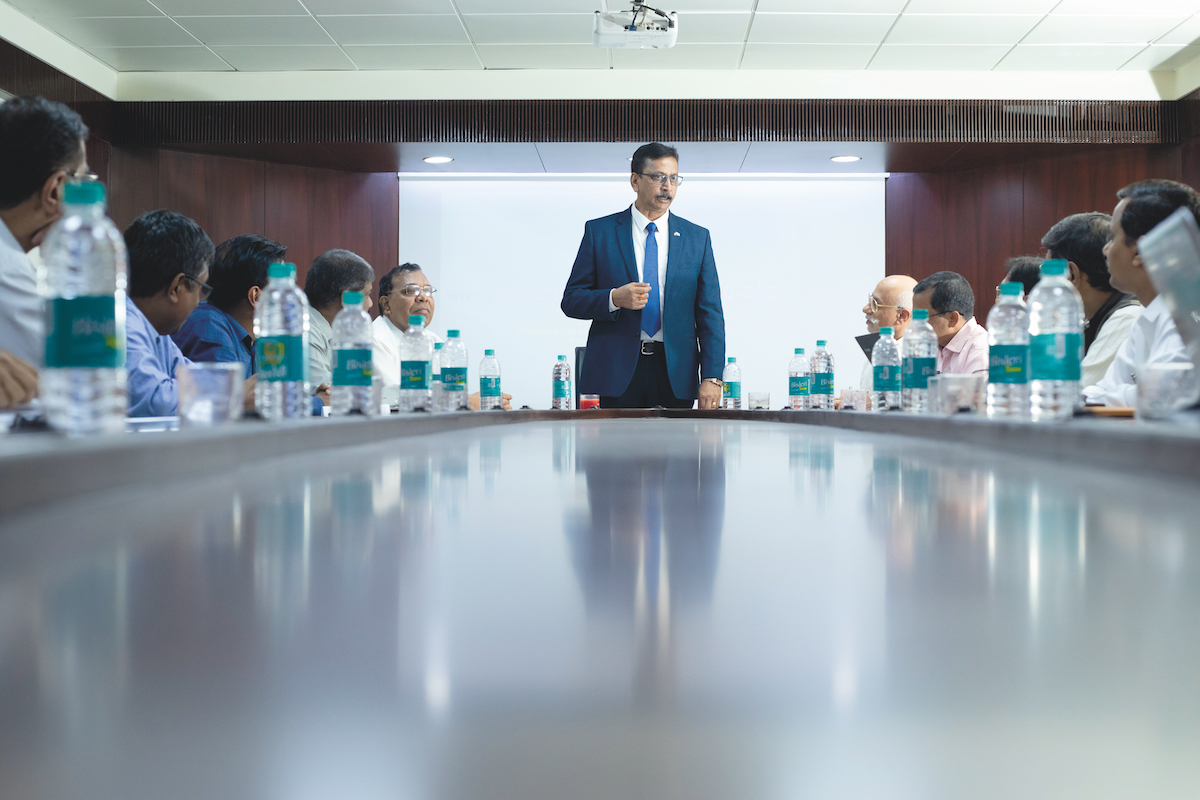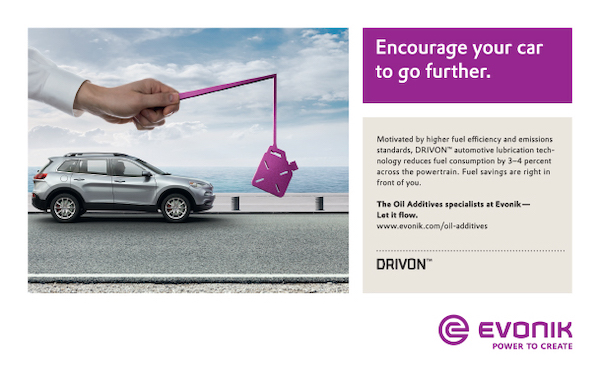The average life span of a company was 61 years in 1958, according to a study by McKinsey. Today, it’s less than 18 years. What makes a company fizzle out before its reaches the two-decade mark, and more importantly, how do others thrive to their centenary and beyond?

According to Indian Oil Corporation’s Executive Director and Head of Lube Manufacturing and Marketing Subimal Mondal, it starts with trust. “Our first mantra is to earn the customer’s trust and we’ve done so over many decades as a company and as a brand,” he says.
“We will never compromise quality. And we will never take the customer for a ride by charging exorbitant premiums for SERVO lubricant.”
Instead, SERVO always works to ‘right price’ its products. Doing so, he says, makes the customers feel closer to the brand’s made-in-India image. They develop a kind of relationship with the brand; “SERVO is here to fulfil my needs.”
To hammer this idea down, Subimal plans to roll out some major retail events and advertising campaigns across all channels. “We want to enhance our brand,” he states. “This will give us pull from the market. We ultimately want our customers to ask for our products by name without us continuously having to push them.”
For inspiration, he looks to the Tata brand in India. If a product has the Tata stamp on it, then people automatically assume it is good. Tata’s been in business since 1868. Indian Oil, SERVO’s parent company, was incorporated almost a hundred years later in 1959, so taking a few hints from Tata’s playbook is wise.
However, in this rapidly changing modern world, it takes more than brand building and trust to ensure corporate survival. It takes someone who knows the industry inside out and is passionate about the business. Subimal believes that the highly competent team he leads knows the industry like no other.
Subimal has been with Indian Oil for nearly 33 years. Early on in his career, he spent more than a decade in the field, providing technical services and selling lubricants. Later, he moved on to marketing and then to HR. Most recently, he signed on as Executive Director over the lubricant business division, taking his career full circle.
“When I moved into this position, I already knew the lube market like the back of my hand,” he says. “What I gathered upon coming back was not much had changed in India’s lubricant market. The distribution network, manufacturing facilities and the competitors were all like I left them 15 years ago.”
The only changes were the higher-performance products in the market and Subimal himself. He came back to the lubricant division with fresh eyes, a more holistic viewpoint of the entire operation and a thirst for success.

“I see great opportunity in bringing different ideas from outside. I have knowledge of what the company is doing in terms of different business areas and relationships with vendor suppliers and customers. And I’m eager to bring new ideas to spruce up the department and put it on the right track,” he says.
His first order of business has been profitability. With the Indian lube market poised to grow by more than 3% per annum, Subimal sees huge opportunity. Not only has he discovered ways to save money by working with logistics companies to reduce transportation and storage costs, he has also found ways to bring in more via product revenue.
“Some products will be positioned in the premium segment and some in the value-for-money segment. The premium segment will drive our growth,” he explains.
“There are a lot of customers who have the appetite to buy this type of product. We haven’t explored this segment much in the past, so what I’ve already started doing is focusing on the premium segment while driving volume through the value-for-money segment. This, along with restructuring our distribution network, will basically drive our profitability.”
“I see great opportunity in bringing different ideas from outside.”
To establish cost leadership, SERVO has also been modernising all of its plants. “They are going to be fully automated and will cover the full aspect of the lubricant business – automotive, industrial, base oil, light liquid paraffin or white oil, transformer oil and agro-spray oil,” he shares.
“Any kind of segment you can imagine, we are going to have that facility in a plant in the next three years. These new facilities will give us a significant cost advantage.”
While things are certainly on the up and up, it’s not to say this journey has been without challenges – the major one being India’s substantial shortage of the required lubricant base oil.
Yet, where others see challenges, Subimal sees opportunity. “India’s primary challenge has been the availability of base oil. There’s a shortfall of more than two million tonnes,” he says.
“So now, we plan to set up our own manufacturing capability. Within the next three years, we’ll have the largest base oil capability in India, which I don’t consider to be a challenge. If you look at SERVO’s history, we have never failed in any market we entered.”
“We are going to enter segments where we’ve never been before in a big way.”
The SERVO brand has far surpassed the dismal 18-year life span of most companies today. And it will continue to for a long time to come, thanks to its key business partners – “some have been with us since day one” – and the strength of its R&D.
“We have one of the largest R&D in Asia. They are developing products continuously in collaboration with OEMs,” Subimal says. “That development and launch of new products will drive our growth in the retail and institutional segment. We are going to enter segments where we’ve never been before in a big way. SERVO is going to remain the leader.”
Proudly supported by:



